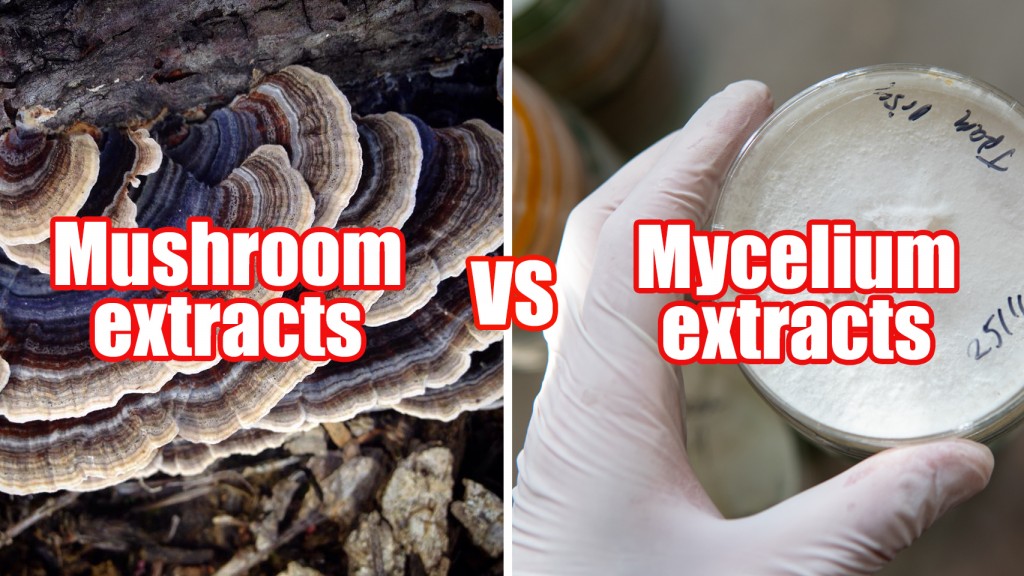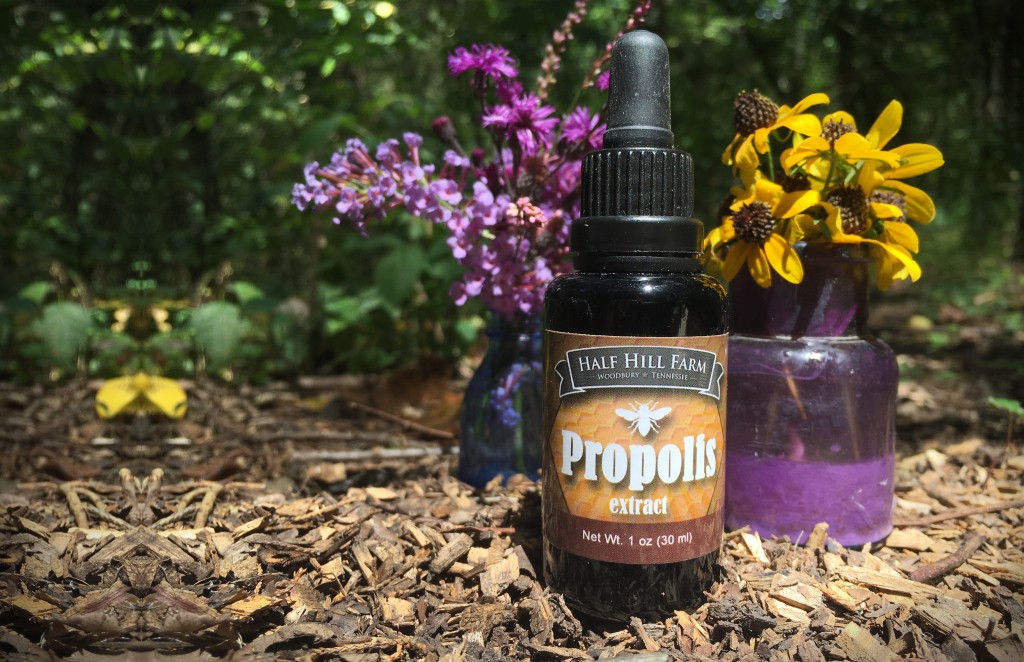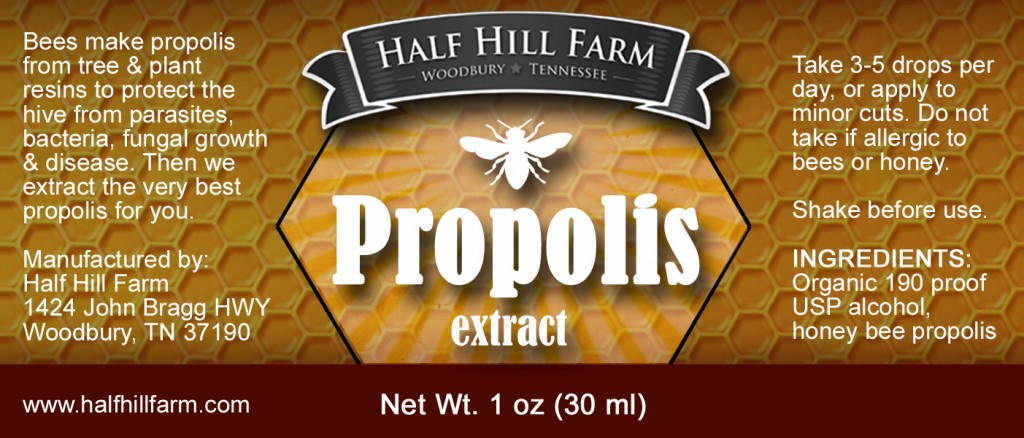
Two major mushroom product makers are at odds over what can be labeled as real mushroom products, and we have thoughts. NAMMEX wants the FDA to regulate the word “mushroom” in products to mean the full mature mushrooms depicted on their labels and in centuries of cultural use. Host Defense’s Paul Stamets wants his lab-grown mycelium to be labeled as the fully grown mushrooms depicted on his labels. As a mushroom extract maker who uses fully grown mature mushrooms, Half Hill Farm supports accurate labeling of mushroom products.
—
Recently, mushroom product maker NAMMEX filed a regulatory request with the FDA seeking clarity in mushroom supplements industry labeling.
At issue are major brands that make “mushroom” products from lab-grown sheets of mycelium cheaply propagated in a matter of days on rice or grain substrate. Once the substrate is myceliated, it is then dried, and extracted or encapsulated and labeled as made from the mature mushrooms often depicted on the label. These products unfortunately often contain the actual grain substrate in the product and are consumed by the purchaser. Some companies, like Host Defense, accurately include “rice” or “grain” in their ingredients because of this. Some don’t. Either way, the shorter and cheaper process certainly makes for more profit.
It is no surprise that some brands that make products from mycelium are upset with NAMMEX and have issued a statement opposing their effort. One statement, led by Host Defense’s Paul Stamets, argues that his company and other major brands should be able to label their mycelium products as “mushrooms” because mushrooms are made of the mycelium he uses to create his products. You can read his statement here.
At the same time this regulatory request for clarity is being made by a mushroom product maker, the poultry industry, in a bit of irony, won FDA approval allowing them to label lab-grown cultured cells as “chicken.” While science can definitively conclude a petri dish of cultured cells is indeed cultured from real chicken (just as mycologists can determine mycelium is cultured from real mushrooms), a plate of lab-grown cells is not the same as the real thing.
Here at Half Hill Farm, our mushroom extracts use the fully mature mushrooms pictured on our labels that take months to cultivate. Mature mushrooms experience months of growth and controlled conditions to produce the full spectrum of compounds that are extracted. The distinction between mushroom extracts and mycelium extracts set us apart from many major brands and is important to us.
Mushrooms have evolved to survive millions of years of changing conditions to be the oldest living thing on our planet. The result of that evolutionary outcome is eons of wisdom in the form of the full fruited body of the mushroom itself that we should respect and revere with proper labeling.
*These statements have not been evaluated by the Food and Drug Administration. These products are not intended to diagnose, treat, cure, or prevent any disease.
Take 15% off your purchase of our mushroom dual extracts using coupon code 4PACK at checkout when you purchase four or more 200ml bottles in any combination.


